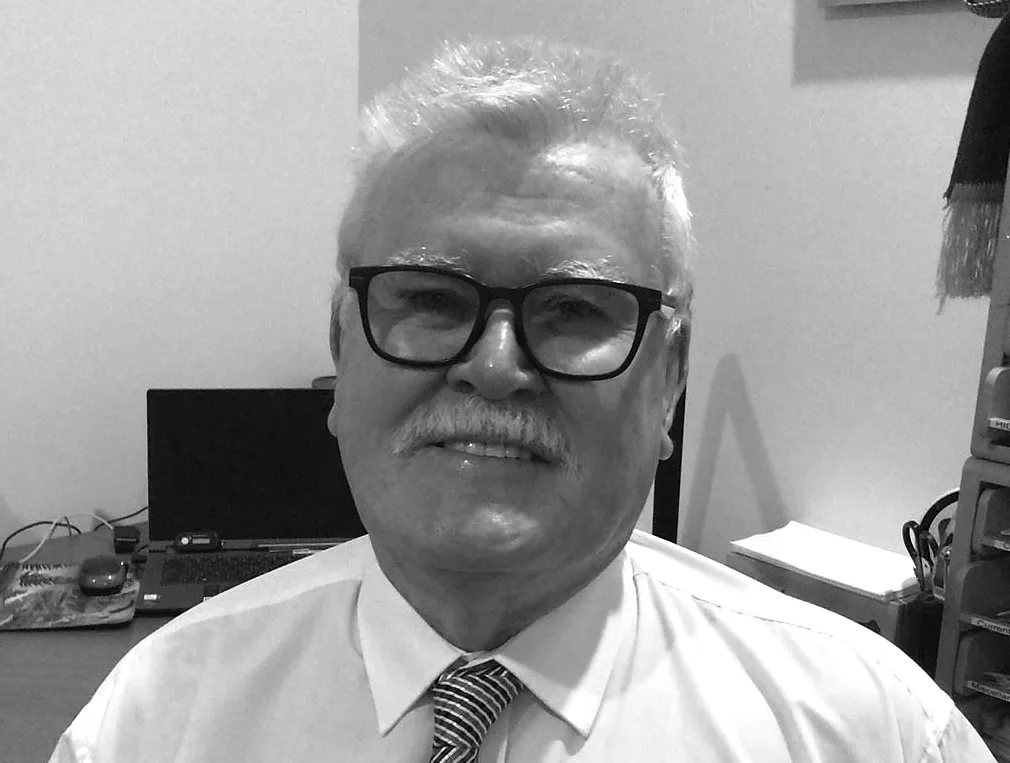French driverless shuttle company
Navya’s ARMA shuttles are electric, 100 per cent driverless and can carry up to 15 people.
South Australia hosted the first demonstration of a driverless vehicle in Australia in 2015, while Adelaide hosted the inaugural International Driverless Cars Conference in November 2015. In early 2016, SA became the first Australian state to permit driverless vehicle testing on Australian roads. In November, Adelaide will host the second International Driverless Vehicle Summit.
It has been predicted that, by 2020 many known automobile manufacturers and new entrants will have driverless car models on the roads. A report by
State Premier Jay Weatherill said establishing a driverless car vehicle operation in South Australia is the perfect bridge connecting the country’s past in traditional vehicle manufacturing and its future in advanced manufacturing in a clean, carbon neutral environment.
Navya plans to establish Asia-Pacific driverless shuttle base in Adelaide
French driverless shuttle company Navya and the South Australian State Government have agreed on plans to establish Navya’s Asia-Pacific manufacturing facility in Adelaide. Navya’s ARMA shuttles are electric, 100 per cent driverless and can carry up to 15 people.
South Australia hosted the first demonstration of a driverless vehicle in Australia in 2015, while Adelaide hosted the inaugural International Driverless Cars Conference in November 2015.
September 21, 2017
Read time: 2 mins










